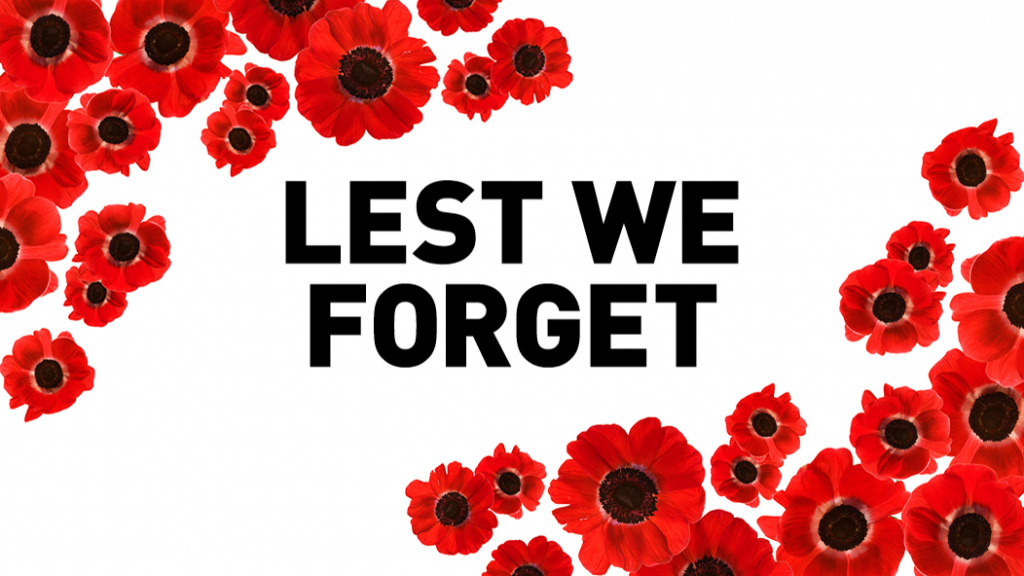

Please stop article 50 now and just hope the 27 will forgive you. Many in Northern Ireland, where there was a 56% remain vote, feel the same way. If England drags Scotland (and Northern Ireland) out of the EU, and the UK breaks up as a direct result, please reflect on this recent history of past slights and indignities that was directly caused by the English not understanding this was a very real trampling of the Scottish population’s wishes to remain a part of a collective Europe. Re Simon Jenkins’ one line on the Scottish independence issue being “congeries of past slights and indignities”, perhaps he should reflect on the fact that the English are dragging Scotland out of the EU against the clear wishes of 62% of the nation that was Scotland, giving the Scots a feeling that they are a puppet state of England. The most obvious example of a nationalistic, ignorant, isolationist misinterpretation of our 20th century history was the myth that determined the referendum on Brexit. The most egregious, catastrophic case, as Simon’s Dunkirk example shows, is the bellicose anti-European distortion of the second world war – the Blitz, “we fought alone”, the mirage of the Anglophone world. But where Simon is resoundingly right is in condemning simplistic, partisan versions of the past, which have encouraged violence from Northern Ireland to Myanmar. People need history as individuals need memory. Simon Jenkins’ excellent article takes aim perhaps at slightly the wrong target. “Those who cannot remember the past are condemned to repeat it.” George Santayana (1863-1952). This mutual respect is a sign of hope, not war, and we can find in it renewal for our future vision. We find Jewish and Asian and Caribbean people who can connect with the past and share with us the future. We find leaders of once rival churches leading services together. At such services, we find politicians of different parties standing side by side. The deeper issue is that we need to salute the sacrifice of the fallen and injured which so shaped the 20th and 21st centuries by making it our determination to secure peace as their lasting memorial. The young still remember how their parents and grandparents felt because of this. I found that after many such services, when we went to the Royal British Legion club, the men and women who had personal experience of war and terrors of war were always very pleased to hear me speak the message that our remembering is a valid activity, even for those can’t actually remember because of their age. However, my experience of conducting annual services of remembrance for over 40 years has left me with other responses today. It’s time to forget the 20th century, 9 November).

The poppy continues to be sold worldwide to raise money and to remember those who lost their lives in the First World War and in subsequent conflicts.I have a long-held and deeply sympathetic understanding of the issues raised by Simon Jenkins ( Too much remembering causes wars. White poppies, for example, symbolise peace without violence and purple poppies are worn to honour animals killed in conflict. Other charities sell poppies in different colours, each with their own meaning but all to commemorate the losses of war. Selling poppies proved so popular that in 1922 the British Legion founded a factory - staffed by disabled ex-servicemen - to produce its own. They were supplied by Anna Guérin, who had been manufacturing the flowers in France to raise money for war orphans. She campaigned to make the poppy a symbol of remembrance of those who had died in the war.Īrtificial poppies were first sold in Britain in 1921 to raise money for the Earl Haig Fund in support of ex-servicemen and the families of those who had died in the conflict. In 1918, in response to McCrae's poem, American humanitarian Moina Michael wrote 'And now the Torch and Poppy Red, we wear in honor of our dead…'. It was first published in Punch, having been rejected by The Spectator. The flower provided Canadian doctor John McCrae with inspiration for his poem 'In Flanders Fields', which he wrote whilst serving in Ypres in 1915.

They flourished in the soil churned up by the fighting and shelling. Poppies were a common sight, especially on the Western Front. It is strongly linked with Armistice Day (11 November), but the poppy's origin as a popular symbol of remembrance lies in the landscapes of the First World War.

The poppy is the enduring symbol of remembrance of the First World War.


 0 kommentar(er)
0 kommentar(er)
